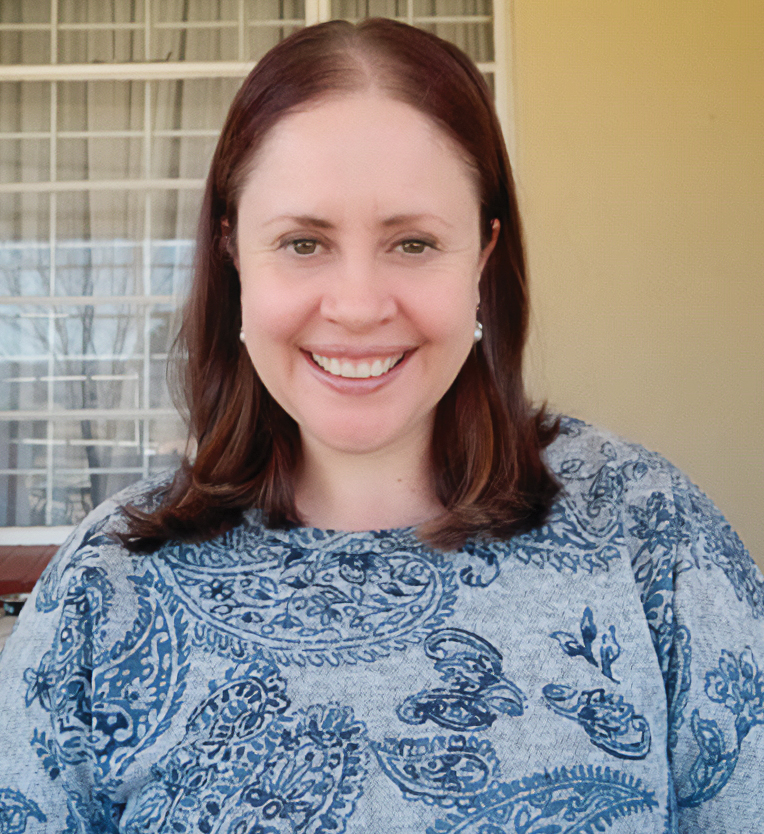Let’s hear it for the ladies! Part 4
Let’s hear it for the ladies! Part 4
The transport and logistics game never used to be populated by members of the fairer sex. However, this has changed. CHARLEEN CLARKE pays tribute to some of the leading ladies in the transport and logistics industry and the trailblazers in supply chain management.
Carla Rodriques Schoeman, managing director of Master Movers
Rodriques Schoeman didn’t always work in transport. Earlier in her career, she was a receptionist as well as a conveyancer. But she loves the wheels game today. “I have come to enjoy the pace and have developed a passion for it,” she reveals.
Having said that, it has been hard at times. “However, it’s been welcomingly challenging to get the brain to think more strategically as well as to find solutions and get to know mechanical issues in more detail. Every day I learn and therefore this industry cannot be classified boring.”
Rodriques Schoeman describes her career journey as “awesome”. “I have surrounded myself with people from whom I can learn, and I feel stimulated each and every day I am in this business.”

Today, as MD of the company, she has her fingers on the pulse in all areas of the business. Customer interaction is obviously one area of focus. “We have customers who light up our world. There are those who make what you do such a pleasure.”
She believes that the industry is more accepting of women – but adds that there is a long way to go. “I do believe there will always be that element of ‘she does not know what she is talking about’. Hopefully, with more women earning their stripes on merit and the generational gap closing, the situation will improve. It has to get better with each passing year.”
Going forward, she says she’s praying for the launch of Tesla’s truck – because she respects the technology. “This is where the future lies with trucking,” she maintains. She also says it would be good to see more women in the commercial vehicle industry. “It is not suited to all women, but I would urge women not to be quick to dismiss transport. There are many aspects of the business in which you can become knowledgeable. On the ground, skill sets are sorely lacking in the workplace. There will always be work in this sector as trucking transportation will always be needed. So, give it a chance and do not quit when the going gets tough. Pull your socks up, be a big girl, face the music and learn from the situation. We can do it!” she says with passion.
Liezl Smith, owner of Businessix Business Consultants and SAPICS past president
Smith qualified as an industrial engineer in 1997 and started as a management trainee at a tobacco company in operations. “I then ‘fell’ into supply chain in the early 2000s when it was still a very new concept and not a career at all. I was employed to implement a novel collaborative platform for supply chain partners to digitally integrate. That did not go so well because it was probably ahead of its time. So, I got into advanced planning and scheduling software, just as it started to gain some traction. I guess it was a lucky break. I never even knew of it as a career; it was not something one could prepare for in those days,” she recalls.
During her career, Smith had a number of salaried jobs, working for big companies – British American Tobacco, Super Group and Nampak, for instance. But she says she was never really the employee type. “In 2005 I resigned from my last job and started my own consulting and training business. In the beginning, it was really tough, and I had to do all kinds of odd things to earn some money – I always said to people that during that time I did anything legal for money. Slowly but surely, and largely thanks to SAPICS and the network I built up through them, I started getting more and more business and repeat clients. So, for the last 16 years, I have had my dream job.”
Today, her professional purpose is to connect people and businesses to their potential.” I do this through consulting (finding opportunities for improvement and helping to manage the change toward it), and training (to empower people in their roles in the supply chain). For me, making someone stronger and more successful gives huge satisfaction. I had a student sending me a message on LinkedIn telling me how my work and interaction with her changed her life. It had me in tears, but that is exactly why I do what I do. It is so rewarding to improve someone’s life and career like that.”

Smith has now been an active member of SAPICS for nearly 20 years and describes herself as a SAPICS junkie. She is a past president of the association and a passionate supply chain professional.
She has been pleased to see how the SCM field has evolved. “I have seen the concept of SCM take shape and getting better and better defined. When I started out, there was no supply chain department like today, and the job of supply chain director only became common many years later,” she recalls.
Something else that has changed along the way is the growing acceptance of women. “Women actually do very well in supply chain, as we are natural organisers and multitaskers, and supply chains need those skills. It is a very demanding environment where the focus has to be on many things simultaneously,” she points out.
She is optimistic about the next few years. “The world will need us more than ever to ensure everyone has access to food and other essential products. We have a number of obstacles to overcome, but I am generally optimistic. The pandemic has shown in many ways how important it is to manage supply chains well. I think there will continue to be greater demand for professionals who know how to do this efficiently. Pressure will remain on the good use of resources.”
Going forward, she will continue to try and make the world a better place, by helping businesses and individuals to be better at what they do in their supply chains. And she would like to see more women in SCM in the future. “We are good at this stuff. We manage our homes (which are mini supply chains), so I think we can make a positive impact in the bigger supply chains as well.”
She urges young women to consider the many opportunities in the supply chain space. “You can choose to become an expert in one area (like planning), or you can become a general continuous improvement manager, for instance. Get your foot in the door, and the supply chain will take you where you are needed. Do not plan too hard for where you will end up. One’s career tends to surprise you if you open yourself up to opportunities and possibilities. Grab them when they come past, and you will have a great career in supply chain. Never stay in a job that makes you unhappy. Sometimes you have to close one door for another to open,” she points out.
Published by
Charleen Clarke
focusmagsa




